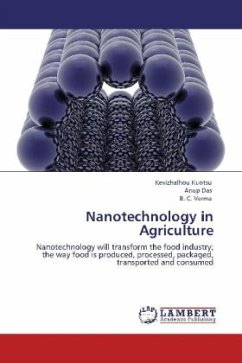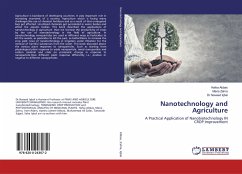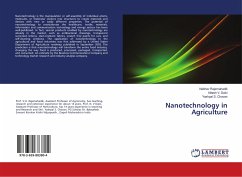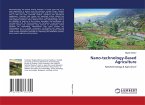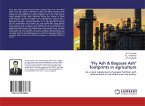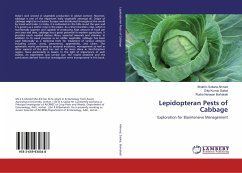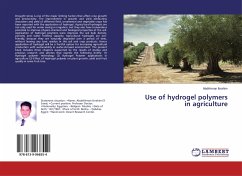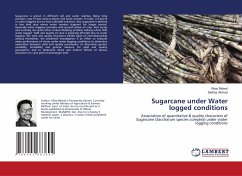Nanotechnology application in agriculture in its nascent stage is considered by many to be the next logical step in science, integrating engineering with biology, chemistry, medicine and physics. Nanotechnology has the potential to revolutionize the agricultural and food industry with new tools for the molecular treatment of diseases, rapid disease detection, enhancing the ability of plants to absorb nutrients and so on. Smart sensors and smart delivery systems will help the agricultural industry combat viruses and other crop pathogens. While nano-chemical pesticides are already in use, other applications are still in their early stages. These applications are largely intended to address the limitations and challenges facing large-scale, chemical and capital intensive farming systems such as the fine-tuning and more precise micro-management of soils; the more efficient and targeted use of inputs; new toxin formulations for pest control; new crop and animal traits; and the diversification and differentiation of farming practices and products within the context of large-scale and highly uniform systems of production.
Bitte wählen Sie Ihr Anliegen aus.
Rechnungen
Retourenschein anfordern
Bestellstatus
Storno

